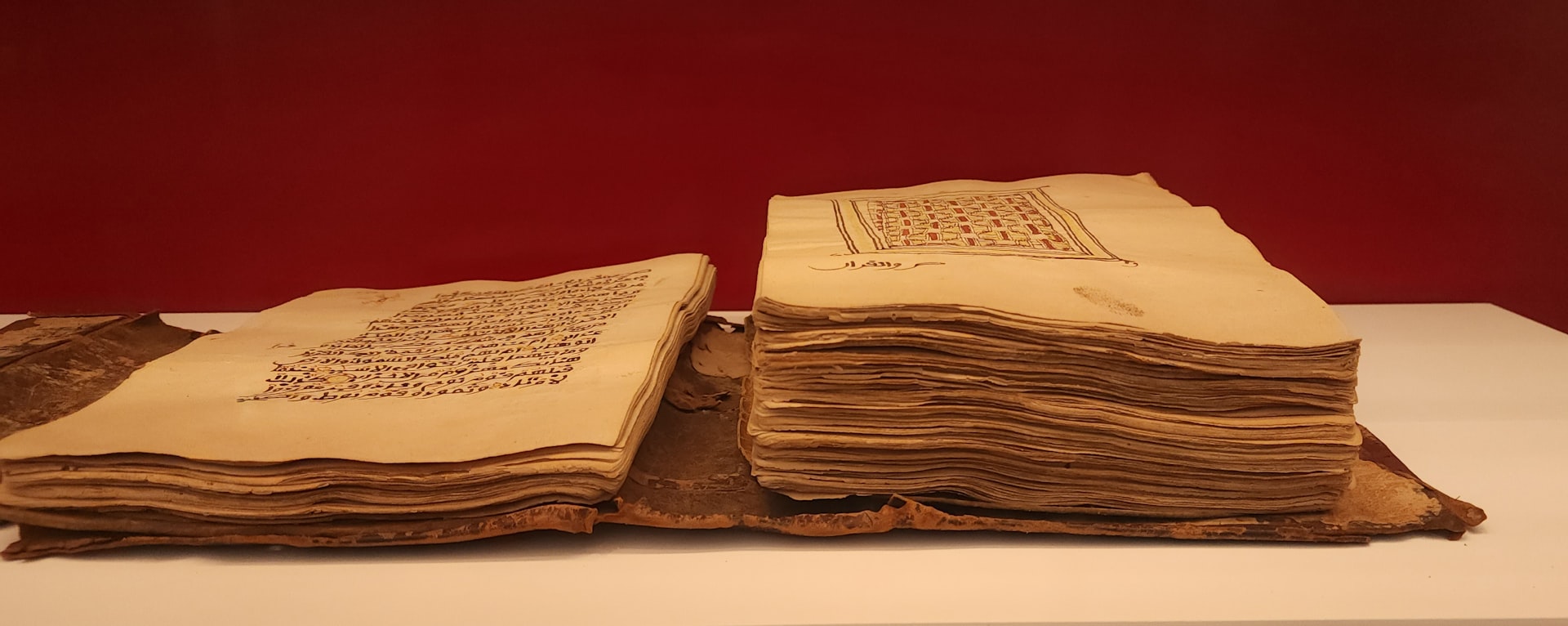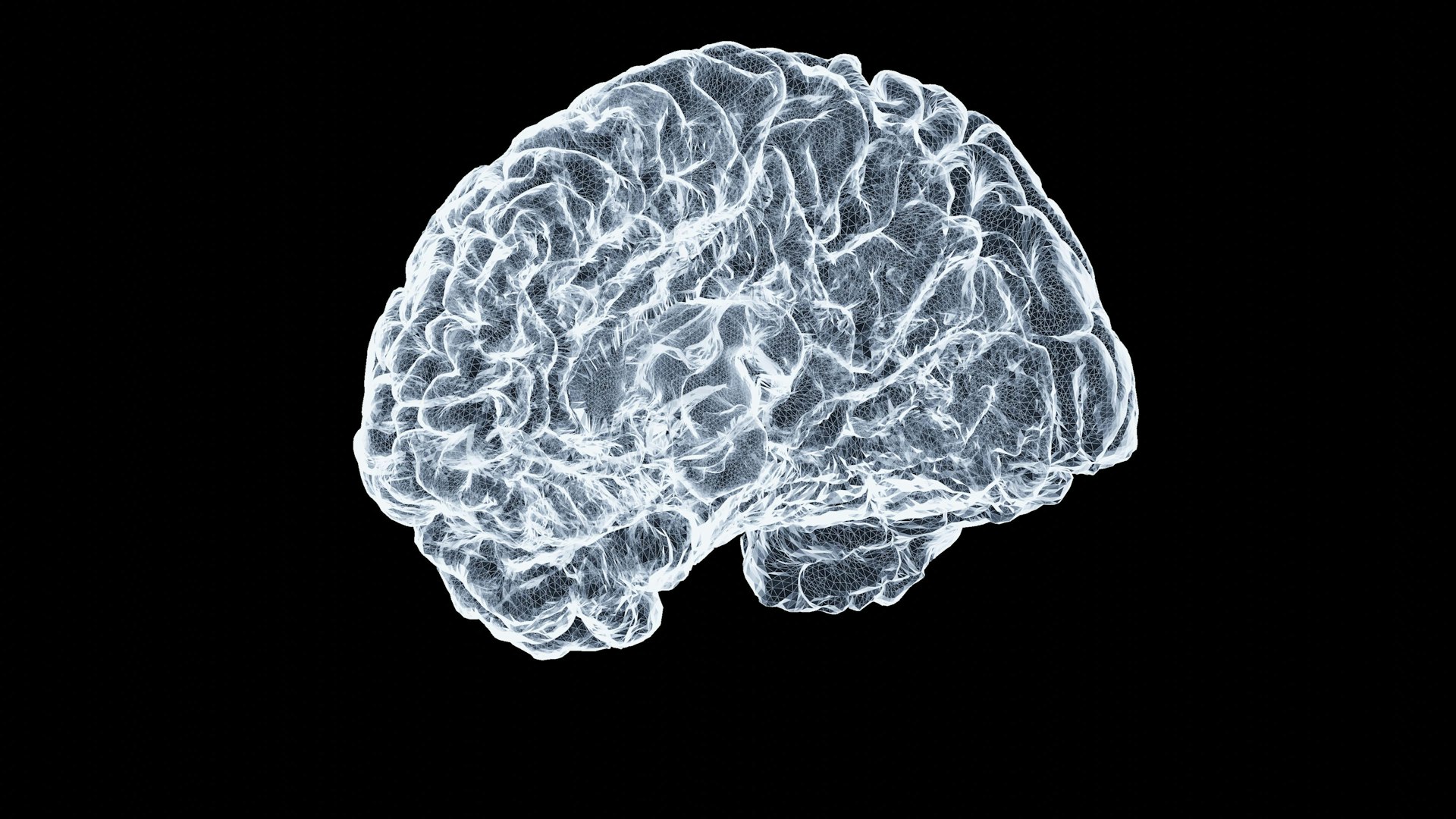How Magna Carta Shaped Modern Democracy: History, Impact, and Legacy

Photo by Abdulrahman Alsenaidi on Unsplash
The Origins of Magna Carta: A Turning Point in Political History
In June 1215, amidst escalating tensions between the English monarchy and its barons, King John sealed the Magna Carta at Runnymede. This historic charter, or ‘Great Charter’, was not just a peace treaty to end a revolt-it was a foundational text that sought to limit royal authority and protect certain liberties for a select class of subjects. The Magna Carta established, for the first time, that the king was not above the law-a radical departure from previous assumptions of absolute power [1] [3] .
Although its immediate effect was limited-King John and Pope Innocent III quickly annulled the agreement, leading to renewed conflict-the Magna Carta’s symbolic value grew with each reissue and reinterpretation. Over the centuries, its principles took root, inspiring movements for liberty and justice worldwide [1] .
Key Principles Introduced by Magna Carta
The Magna Carta catalogued numerous grievances and addressed specific feudal issues, but its most enduring legacies are two foundational principles:
- “No freeman shall be taken, imprisoned, disseised, outlawed, banished, or in any way destroyed, nor will We proceed against or prosecute him, except by the lawful judgment of his peers or by the law of the land.”
- “To no one will We sell, to no one will We deny or delay, right or justice.”
These tenets established fundamental concepts of due process and equality before the law , laying the groundwork for future democratic reforms. While initially these protections applied only to a minority of society-mainly the barons and “free men”-the principles were gradually extended and reinterpreted over time to encompass broader populations [2] [3] .
From Feudal Charter to Democratic Inspiration
While Magna Carta was not a democratic document in the modern sense, it marked a decisive shift away from unchecked monarchy. By asserting that royal power was subject to law and oversight, it paved the way for the development of parliament and constitutional government. Over time, the idea that rulers must govern with the consent of the governed became central to evolving political systems [3] .
Examples of Magna Carta’s influence include:
- The gradual strengthening of England’s Parliament, which began to serve as a check on royal authority.
-
Legal traditions such as trial by jury and the concept of
habeas corpus
(protection against unlawful detention). - Reference in later foundational documents, such as the English Bill of Rights (1689), the American Declaration of Independence, and the U.S. Constitution [1] .
To understand Magna Carta’s legacy, consider its invocation by American colonists who protested British rule in the 1700s, claiming the “rights of Englishmen” guaranteed by the charter. These ideals were woven into the new constitutional framework of the United States, notably the Fifth Amendment’s guarantee of due process [4] .
Step-by-Step: How Magna Carta’s Principles Became Global Democratic Norms
1. Limitation of Absolute Power: The Magna Carta established that the king must follow the law, setting a precedent for constitutional governance. This idea was championed by later political thinkers and reformers.
2. Emergence of Representative Institutions: Over centuries, the principle that taxation and law-making required consent led to the growth of parliaments and legislative assemblies. This evolution was not immediate; it took centuries of political struggle and societal change [2] .

Photo by McGill Library on Unsplash
3. Legal Protections and Rights: The concept of due process became embedded in legal systems across Europe and, later, in colonial and independent states worldwide. The Universal Declaration of Human Rights (1948) echoes Magna Carta’s core tenets [3] .
4. Modern Constitutional Democracies: Today, many democracies enshrine the rule of law, equal protection, and due process-direct descendants of Magna Carta’s clauses. These norms are foundational for just societies.
Real-World Applications: Magna Carta’s Influence in Law and Governance
Magna Carta’s principles have been cited in landmark legal cases and reform movements:
- United States: The U.S. Supreme Court has referenced Magna Carta in decisions upholding due process and the right to trial by jury [4] .
- United Kingdom: Clauses from Magna Carta remain on the statute books, and its ideals underpin the uncodified British constitution.
- Global Context: The Universal Declaration of Human Rights and other international agreements echo its commitment to justice and liberty [3] .
Educational institutions and museums worldwide offer access to facsimiles and translations of Magna Carta. You can explore original documents and their translations at the U.S. National Archives and the UK Parliament’s education resources. For in-depth study, consult official government or educational websites for primary sources and scholarly analysis.
How to Access Magna Carta Resources and Learn More
If you wish to explore Magna Carta’s text, impact, and legacy firsthand, consider these steps:
- Visit the U.S. National Archives website for authoritative exhibits and digital versions of Magna Carta [1] .
- Search for “Magna Carta” in the UK Parliament’s education section or legal history resources.
- Consult university libraries and reputable history organizations for translated texts and scholarly commentary.
- Look for documentaries or lectures from established educational broadcasters and legal societies.
If you are an educator or student, many history and law curricula include modules on Magna Carta. Reach out to your institution’s library or history department for recommendations. For legal professionals, bar associations often provide continuing education on the charter’s relevance to constitutional and human rights law.
Challenges and Evolving Interpretations
The Magna Carta’s meaning has evolved over time. While initially a product of its feudal context, later generations have reimagined its clauses as universal rights. Historians warn against oversimplifying its impact; some clauses are obsolete, and its protections were narrowly defined in 1215 [3] . Yet, the charter’s mythic status continues to inspire reformers and advocates for justice.
Alternative approaches to studying Magna Carta include comparative analysis with other foundational documents, examining its reception in different legal systems, and exploring its influence on colonial and post-colonial governance structures.
Key Takeaways and Next Steps
Magna Carta’s legacy lies in its enduring call for the rule of law, due process, and accountable government. Whether you are interested in law, history, or civic participation, understanding the Magna Carta equips you to appreciate the foundations of modern democracy. To deepen your knowledge:
- Study primary sources and scholarly discussions from verified educational and governmental institutions.
- Engage with legal history workshops, public lectures, or online courses offered by universities and museums.
- For research or advocacy, use official archives and legal databases to trace Magna Carta’s influence in contemporary debates.
References
- [1] U.S. National Archives (n.d.). Magna Carta: Featured Document Exhibit.
- [2] Linguapress (n.d.). The Origins of American Democracy and Magna Carta.
- [3] Parliament of Australia (n.d.). History of the Magna Carta.
- [4] White House Archives (2015). This Day in History: The Magna Carta, a Foundation of Our Democracy.
MORE FROM yourscholarshiptoday.com













